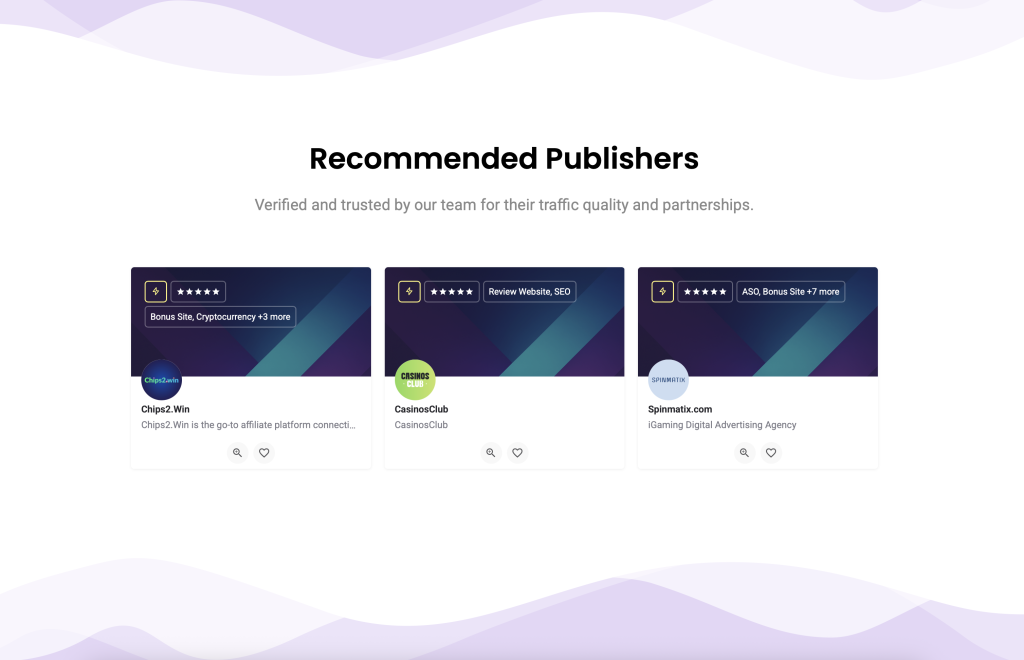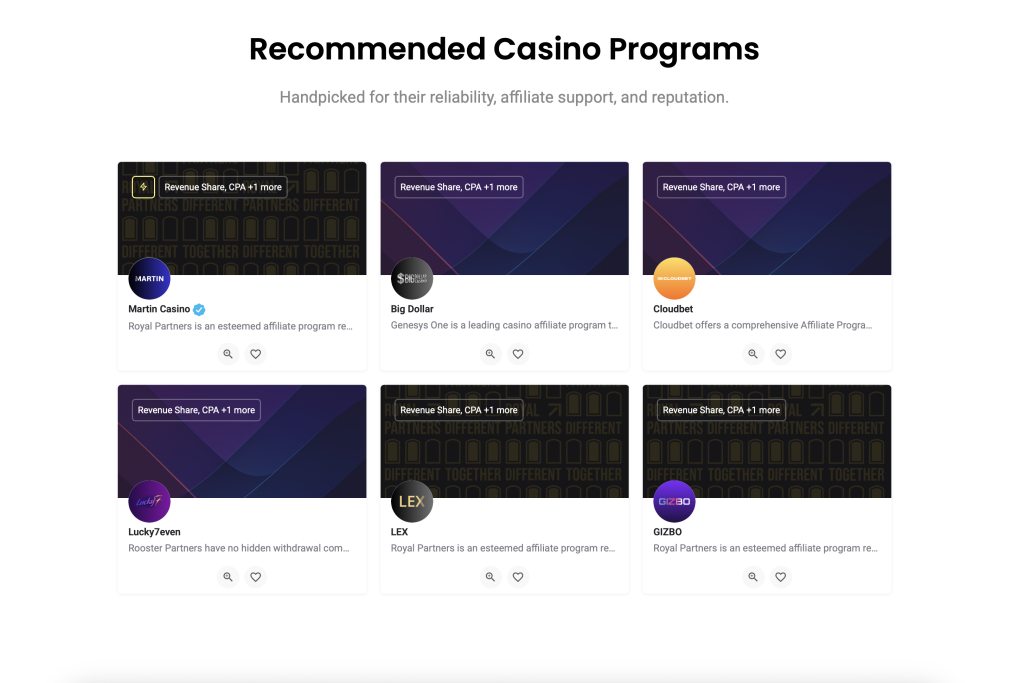Social Media Advertising vs. TV Commercials: A Case Study on iGaming

iGaming, a booming sector characterized by online sports betting, casinos, poker, and other virtual gaming platforms, is no stranger to aggressive advertising campaigns. Traditionally, television commercials dominated the advertising landscape for iGaming platforms. But with the meteoric rise of social media, a pertinent question arises: Which is the more effective advertising medium for iGaming—social media or television commercials? In this article, we’ll dive deep into a comparative case study on these two mediums to provide some clarity.
Historical Context
TV Commercials have long been the go-to method for iGaming advertising. They allowed for broad audience reach, especially during primetime when sports events were being broadcasted. This was the ideal time to catch the attention of potential gamblers. Big budgets ensured that TV commercials were high-quality, catchy, and memorable.
Social Media Advertising, on the other hand, has been a more recent phenomenon. Platforms like Facebook, Instagram, and Twitter became avenues for targeted ad campaigns. With the capability to customize viewer demographics, social media ads catered to specific audiences, ensuring a more personalized advertising experience.
The Parameters of Comparison
- Audience Reach
- Engagement
- Customization and Personalization
- Cost-effectiveness
- ROI and Conversion Rates
- Regulations and Ethical Implications
The Breakdown
Audience Reach
- TV Commercials: Television continues to have a vast reach, especially among older generations. According to a Nielsen report from 2021, adults aged 50 and older watch the most television, averaging over 50 hours per week.
- Social Media Advertising: Social media’s reach, especially among younger demographics, is undeniable. A Pew Research study from 2021 showcased that 90% of adults aged 18-29 use social media, with a majority being daily users.
Verdict: If targeting an older demographic, TV might still be the way to go. But for a younger, tech-savvy audience, social media clearly takes the lead.
Engagement
- TV Commercials: Passive engagement. While commercials can be impactful, viewers often switch channels or turn their attention away during ad breaks.
- Social Media Advertising: Active engagement. Users can like, share, comment, or even visit the website directly from the ad, making the engagement measurable and interactive.
Verdict: Social media has the upper hand with its interactive nature and direct call-to-action capabilities.
Customization and Personalization
- TV Commercials: Generic content aiming to appeal to a broad audience.
- Social Media Advertising: Ads can be tailored based on user preferences, search histories, and demographics. This ensures a more personalized and relevant ad experience.
Verdict: Social media wins with its capability for hyper-targeted advertising.
Cost-effectiveness
- TV Commercials: High production and broadcasting costs. Rates can be particularly high during prime slots.
- Social Media Advertising: Depending on the campaign, costs can be much lower. Pay-per-click models and budget caps also mean advertisers can control spending.
Verdict: For most iGaming platforms, especially start-ups, social media offers a more cost-effective advertising model.
ROI and Conversion Rates
- TV Commercials: Measuring ROI can be challenging. While spike in platform visits can be observed post a commercial, directly attributing conversions to TV ads is tricky.
- Social Media Advertising: Analytics tools provide clear insights into click-through rates, engagement metrics, and conversion rates.
Verdict: Social media offers better measurability and often, a higher ROI due to its targeted nature.
Regulations and Ethical Implications
Both mediums have faced criticism for promoting gambling, leading to stricter regulations.
- TV Commercials: Many countries have stringent regulations around when these commercials can air, especially to protect younger audiences.
- Social Media Advertising: Platforms have guidelines about promoting gambling. Moreover, there’s been a rising concern about targeting vulnerable populations.
Verdict: It’s a tie. Both mediums face their unique challenges in terms of regulations and ethics.
Conclusion
The world of iGaming advertising is complex and rapidly evolving. While TV commercials historically played a pivotal role in the growth of this industry, the tides seem to be shifting in favor of social media advertising, especially when it comes to reaching younger demographics, engagement, customization, cost-effectiveness, and ROI.
However, it’s essential to remember that the best advertising strategy might not be an “either-or” choice. For maximum impact, iGaming platforms might consider a hybrid approach, utilizing both TV commercials and social media advertising to harness the unique strengths of each medium.
Comments
You must be logged in to leave a review.


